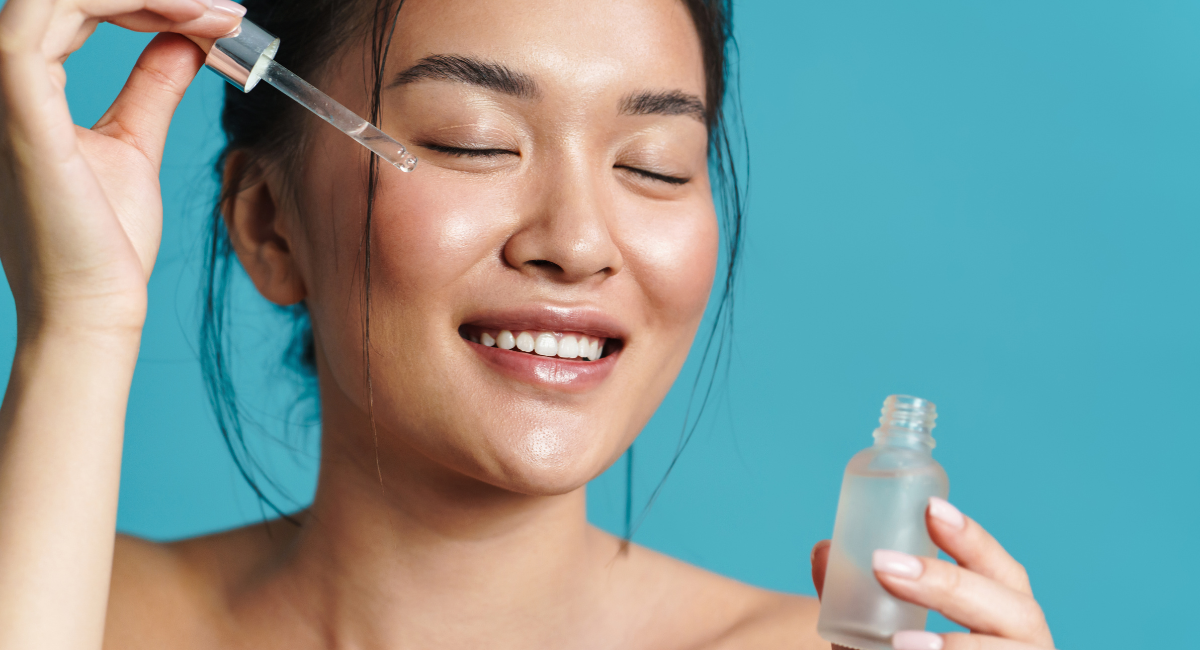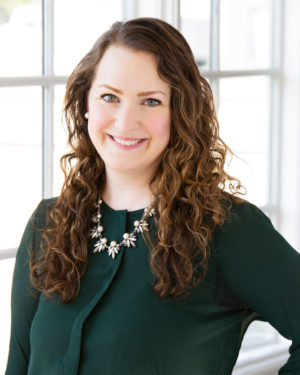 Whether you’re battling breakouts in your teens or fighting signs of aging in your 40s, retinoids and retinol (a subtype of retinoids, sold over the counter or online via tryonmedicalskincare.com) have earned a place in the skincare routines of dermatologists and beauty enthusiasts alike. But what do retinoids do, and how do they transform our skin?
Whether you’re battling breakouts in your teens or fighting signs of aging in your 40s, retinoids and retinol (a subtype of retinoids, sold over the counter or online via tryonmedicalskincare.com) have earned a place in the skincare routines of dermatologists and beauty enthusiasts alike. But what do retinoids do, and how do they transform our skin?
Tryon Medical Partners dermatology specialist Dr. Erin Hodges weighs in on what retinoids do and how they’ve become a cornerstone of effective skincare.
What are retinols?
Retinoids, and the subtype retinols, are vitamin A derivatives. They often come in the form of topical creams and gels that are applied to the skin. They are available, but less often used, as oral pills in prescription medications like Isotretinoin (often known by the brand name Accutane).
Retinoids were originally developed for fighting acne and are quite effective in preventing acne and diminishing scars.
What do retinoids do?
Retinoids provide such effective support to the skin because they:
- Build up collagen, which keeps skin bouncy and healthy, lessening and preventing fine lines and wrinkles.
- Turn over the top layer of skin more quickly and increase blood vessel growth, which helps maintain consistent skin tone and texture.
- Regulate sebum, which can help control oil and thus acne production.
“Although they weren’t designed for anti-aging uses, retinoids are quite helpful in maintaining youthful skin,” Dr. Hodges advises. “They help correct many effects of long-term sun exposure, which is often why skin looks aged.”
How do I use retinol?
Although retinoids can be a game-changing skin supplement, they must be used properly to keep the skin happy and healthy. Here are Dr. Hodges’ tips for how to use retinol:
- Moisturize more. Retinoids can be drying. If they are too irritating to use consistently, there won’t be a benefit and they can actually cause additional wrinkling. Dr. Hodges recommends using moisturizer, especially with hyaluronic acid, after retinol application at night.
- Lay off the toner. With retinoid use, skin may be a little drier, so adding toner may just be more irritating. You can also skip scrubs, since the retinoid is turning over the skin.
- Take time to acclimate. For the first few weeks of using retinoids, your skin will have to adjust. First, start using it every other night or one to two times a week. From there, taper up as your skin can tolerate additional application.
- Consistency is key. To see maximum benefit, whether it’s being used to fight acne, wrinkles, or both, use it consistently as a part of your typical skincare routine.
- Take the sun seriously. Some retinoids can be photosensitive, so it’s best to use them at night. They also make it easier for the sun to penetrate your skin with initial use, so use sunscreen every morning.
“You should absolutely be using sunscreen every day, regardless of retinoid use,” Dr. Hodges emphasizes. “If you’re trying to fight aging by using retinoids, and you’re not using sunscreen, you’re not working to solve the root problem, which is sun exposure.”
What is the recommended age for retinol use?
Although there is a recent trend of children and preteens going to beauty stores and using expensive retinol products, the people who will really benefit from retinoid use are above the age of 20.
“This trend of elementary and middle schoolers using anti-aging products is alarming,” Dr. Hodges warns. “If they haven’t hit puberty yet, their skin isn’t producing as much oil, and retinoids can be much more irritating. They shouldn’t be worried about aging yet.”
Generally, retinoids do make sense for anyone with acne, or anyone older than 20 who wants to proactively prevent or care for aging skin.
However, some adults should stay away from using retinoids. Specifically:
- Those with skin conditions like eczema and rosacea, which can make their skin barrier more sensitive and prone to irritation.
- People who are pregnant or breastfeeding – retinoids are not intended for use during these life stages.
“Often, my patients come in and automatically ask for a procedure to increase the youthfulness of their skin,” Dr. Hodges shares. “There’s definitely a place for procedures, but starting on a retinoid can also be a great option because it’s less expensive and can significantly improve and prevent signs of skin aging.”
Is it best to get retinoids over the counter?
You can access retinoids two ways: either over the counter (often called retinols) or as a prescription retinoid from your dermatologist. Either way works, it just depends on your skincare goals and unique situation.
Dr. Hodges says to keep in mind:
- Prescription retinoids are generally more effective and work faster.
- Over-the-counter retinol can be less expensive but is lower in strength, which can be better for sensitive skin.
How long until I see retinoids working?
Generally, Dr. Hodges advises it’s best to wait six to eight weeks before you can see improvement in acne. However, it will be worse before it’s better.
“Unfortunately, as retinoids speed up skin turnover, some notice their acne come to the surface more,” Dr. Hodges says. “While the acne may temporarily look worse, in most cases, it will clear up and be better by the 6-8 week mark.”
Regarding retinoid use for anti-aging, it will take longer: around six to 12 months before noticing a difference.
“People should have realistic expectations for the anti-aging differences,” Dr. Hodges emphasizes. “You’ll eventually start to see a benefit, but only if you’re consistently using it appropriately.”
If you are interested in joining the retinoid revolution, you can check out some of the retinol products available at tryonmedicalskincare.com, or use MedChat to book an appointment with the Tryon Medical Partners dermatology department today.

